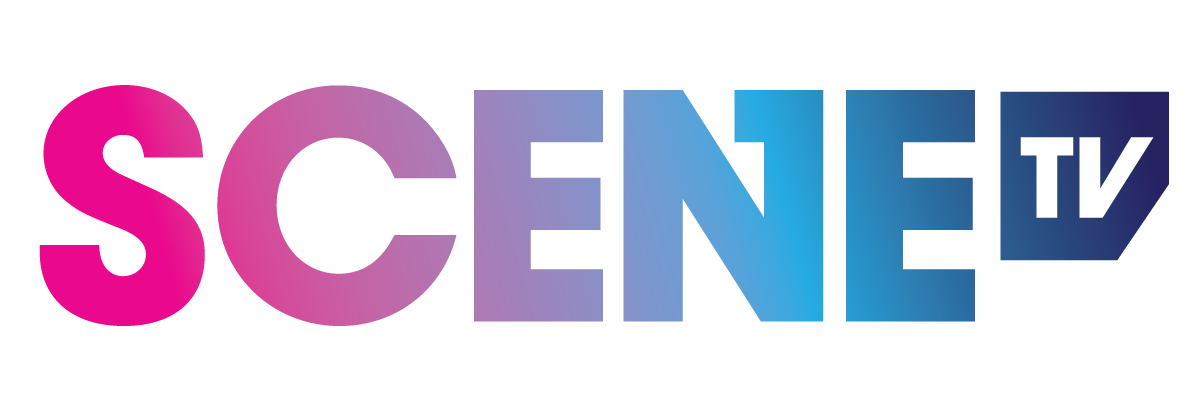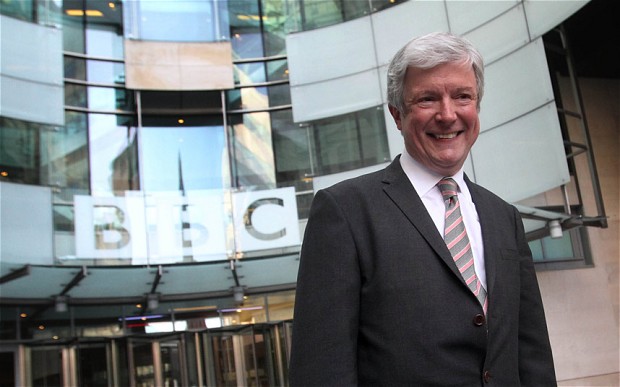Reposted from Broadcast
Summary
- £2.1m diversity fund
- Creation of independent diversity board
- Leadership and commissioning development schemes
- Fresh diversity targets
Tony Hall has set out his blueprint for boosting diversity at the BBC, including creating a £2.1m commissioning fund to help ensure the corporation “represents every family and community in the UK”. The director general unveiled the package of measures in a speech at Elstree Studios on Friday, where he said “it’s time for action” on diversity. It follows the issue being thrust to the forefront of the broadcasting agenda over the past 12 months.
As well as the £2.1m Diversity Creative Talent Fund, the BBC has created two leadership development programmes, introduced new staff diversity targets and an intern scheme. Hall will also create an independent board to keep the BBC’s progress in check. He has stopped short of introducing Lenny Henry’s proposal to ring-fence a percentage of the BBC’s annual commissioning budget for programmes that hit black, Asian and minority ethnic (BAME) representation targets. The comedian will, however, be part of the BBC’s Diversity Advisory Group, which also includes Baroness Tanni Grey-Thompson, Asian Network’s Nihal and footballer Jason Roberts. The panel of experts will monitor the broadcaster’s progress and is to be chaired by Hall.
Diversity fund
Although not a quota, the £2.1m fund – around 0.1% of the BBC’s £1.8bn TV budget – will address BAME portrayal on air. It will help support development of television projects across all genres, fast tracking ideas from diverse writers, talent and production staff. The funding will be re-prioritised from existing BBC budgets and be made available from September.
It is one of Danny Cohen’s biggest contributions to Hall’s diversity blueprint, and the director of television will also support a commissioner development programme, training six “commissioners of the future”. Successful candidates will be paid to complete a 12-month placement, working in genres including comedy, drama and factual. This is in addition to a leadership development programme for another six BAME individuals. They will be offered experience of working at the top of the BBC, collaborating directly with the executive team, which includes Hall and strategy boss James Purnell.
“The ambition is for those selected to become senior leaders in the industry,” the BBC said, adding that they will get training from the “respected” Clore Leadership Development Programme.
At the other end of the scale, the corporation will take on 20 BAME graduate trainee interns through the Creative Access Programme and plans to continue its work with the Stephen Lawrence Trust and the Mama Youth Project.
Targets
Hall’s announcement included a commitment to improve BBC HR’s approach to talent recruitment and management to ensure it is “best in class”. The team, led by incoming HR director Valerie Hughes-D’Aeth, will help shepherd a raft of “stretching” new diversity targets. Over the next three years, the BBC wants on air BAME portrayal to increase from 10.4% to 15%. BBC News has also set targets in London, Birmingham, Manchester and Leicester.
Off air, the BBC will aim to increase the proportion of its BAME senior management across television, radio and news divisions from the current level of 8.3% to 10% in 2017 and 15% in 2020. Its target of 14.2% across all staff will be unchanged. While BBC director general Hall admitted that results “won’t be achieved overnight”, he argued the blueprint “will make a tangible difference” and “help set the pace in the media industry”. The BBC’s progress will be reviewed “regularly” to ensure its record is “beyond reproach”, he added.
“The BBC gets much right on diversity, but the simple fact is that we need to do more. I am not content for the BBC to be merely good or above average,” Hall said. “It is something we have to get right. My aim is for the BBC to be the number one destination for talented people regardless of their background. It’s time for action.”
Simon Albury, former RTS boss and chair of the Campaign for Broadcasting Equality, said the package of measures is a “huge step forward”, but questioned the size of the Diversity Creative Talent Fund. “If progress is slower than Tony Hall expects, this is an area where the Independent Diversity Action Group could look to see a significant increase,” he said.
For regular news, updates and opportunities, follow us on Twitter at @Scene_TV and 'Like' the Facebook page: www.facebook.com/SceneTV


